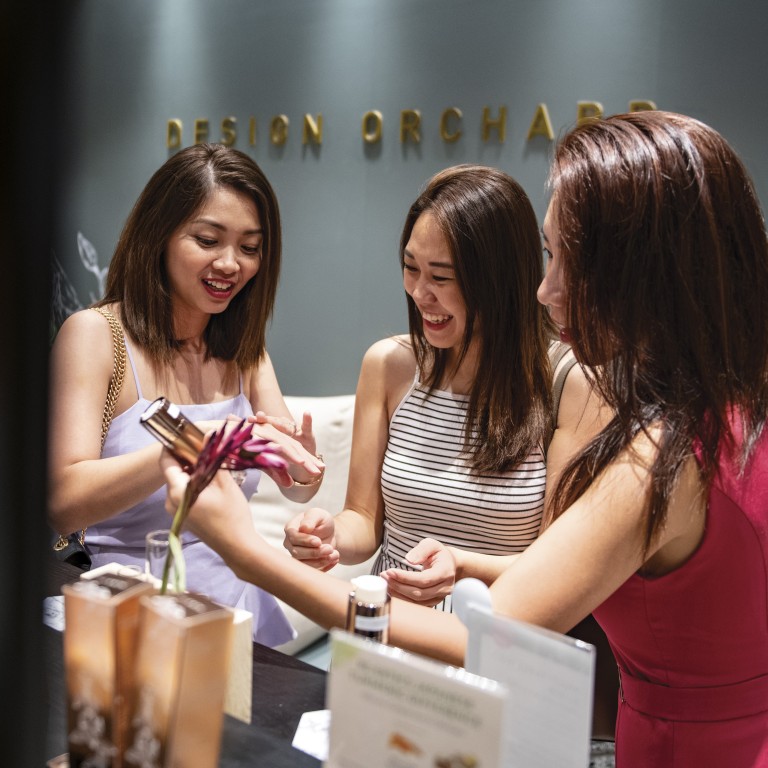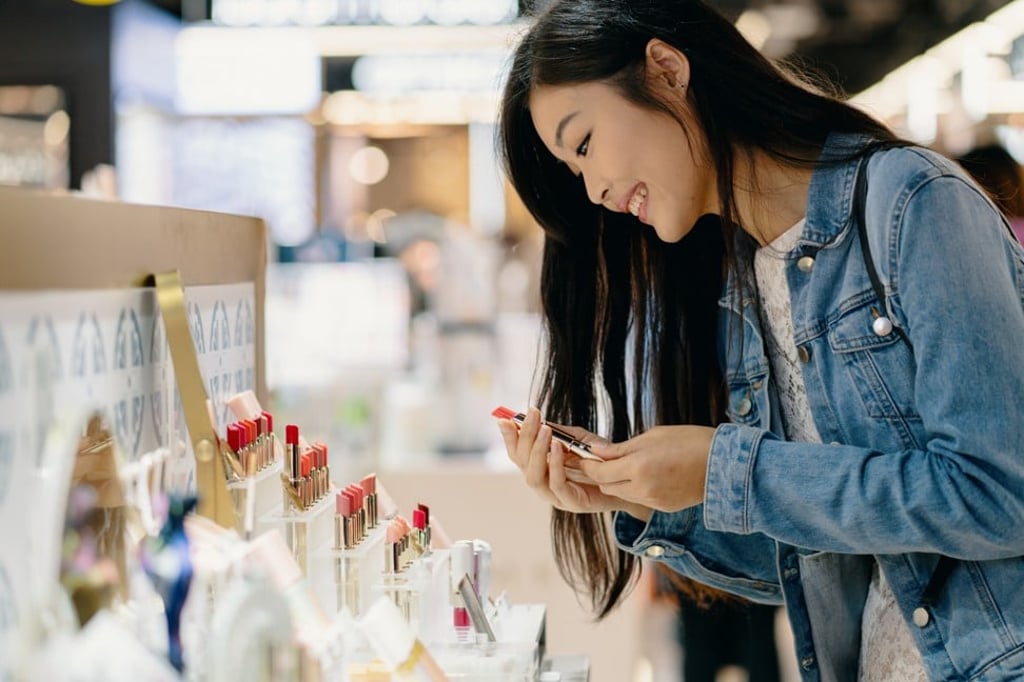Are Singapore’s millennials giving up luxury make-up and beauty brands in favour of local retailers?

While Singapore’s personal care sector continues to be led by brands such as Estée Lauder, local companies like Mary Chia Beauty cater to the demand for natural cosmetics and ‘clean beauty’ – and are gaining an international presence
Singapore’s beauty and personal care revenue has reached US$1.05 billion (HK$8.24 billion) in 2019 and the market is expected to grow annually by 1.7 per cent, according to Statista.
However, this number is trailing far behind the world's top five and much larger nations – the United States (US$82.9 billion), China (US$51.8 billion), Japan (US$37.3 billion), India (US$25.2 billion) and Brazil (US$23,7 billion).
Skincare is the strongest growth pillar for the Asia-Pacific beauty industry, powered by strong demand from Chinese consumers, as well as the growing middle-class across the entire region
A Euromonitor International report, published in June, summarises that the Singapore beauty and personal care market remains lucrative. Last year, the industry “continued to register moderate value growth, driven by new brands that kept the retail scene dynamic and vibrant”.

The report also said that “Singaporeans are known to strive for novelty value, and their high usage of social media exposes them to international niches and major brands”.
Last month, Enterprise Asia hosted the 11th edition of the Asia-Pacific Entrepreneurship Awards 2019 in Singapore. Wendy Ho, CEO of Mary Chia Holdings, won the award in the Outstanding category.
Enterprise Asia is a leading non-governmental organisation to boost entrepreneurship in Asia and establish a regional awards programme. More than 300 attendees, comprising industry leaders and dignitaries, joined the invitation-only awards event.
This year's theme was “Promoting Inclusive Economic Development Through Sustainable Entrepreneurship”.
Mary Chia, better known as Mary Chia Beauty and Slimming Specialist, started as a humble door-to-door facial treatment service founded in 1989 by Ho’s mother, Mary Chia. Now it has become a leading beauty and wellness business.
Under Ho's leadership, the company now has over 300 employees and has expanded its presence in Malaysia, with further expansion planned in Taiwan, China, Indonesia and Thailand. This is indicative of the city's rising beauty industry, which has steadily expanded in the entrepreneurial sphere.